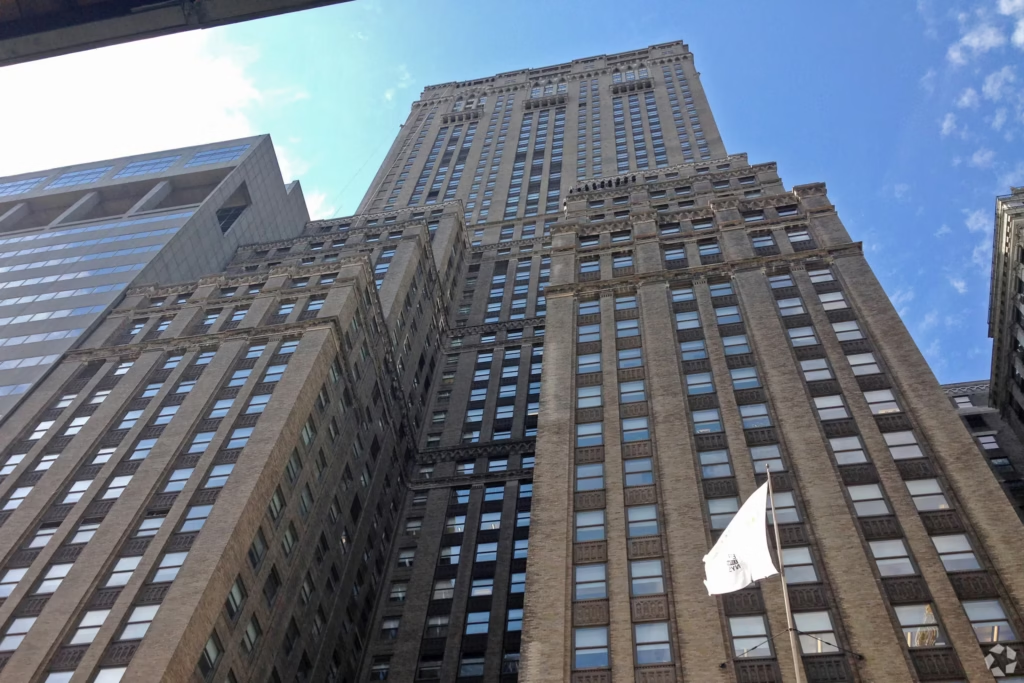
The Practical Reality: Do NYC Office Tenants Really Need an SNDA?
Office tenants in New York City are frequently advised by their attorneys, brokers, and colleagues to push for a Subordination, Non-Disturbance, and Attornment Agreement (SNDA) when leasing space. But what exactly is an SNDA, and how practical is it to obtain one in a NYC office building.
What is an SNDA?
An SNDA is a document that protects a tenant if their landlord defaults on their mortgage and the lender forecloses on the property. Depending on the jurisdiction and the timing of the lease and mortgage execution or recording, a tenant’s occupancy could be jeopardized if a foreclosure occurs. Without an SNDA, a lender obtaining possession of the property might have the right to terminate the lease and evict the tenant, even if the tenant is fully complying with their lease terms.
Attorneys, whose primary role is to mitigate risk, naturally often advise their clients to request an SNDA from the landlord.
The Landlord’s Perspective: Why SNDAs Are Difficult to Obtain
From a business and practical standpoint, obtaining an SNDA is rarely straightforward for a landlord. It introduces another time-consuming layer to lease negotiations, incurs additional legal costs for the landlord, and critically, lenders are generally reluctant to provide one unless the deal is of significant size.
As a NYC office leasing specialist with considerable experience, I’d define “significant size” as a lease for over 20,000 square feet. From a lender’s business perspective, they often don’t want smaller tenants “impeding” a potentially larger future redevelopment or sale of the property.
Is Not Having an SNDA a Real Risk for Tenants?
Given the difficulty in securing an SNDA, does its absence truly put a tenant at risk if the landlord loses the building to their lender?
The post-COVID real estate market saw an unprecedented period of office buildings being returned to lenders. As a broker who works for a large company and is immersed in the market every day, I can confidently say that I have never heard of a lender actually kicking out a paying tenant.
Here’s why:
- Lenders are not operators: Banks and other lenders are not in the business of managing commercial buildings. Their first priority if an owner defaults is almost always to try and work out the loan.
- Cash flow is king: If a lender does take a building back, they still need to operate it, and the cash flow generated from existing rents is absolutely critical. They have no incentive to evict paying tenants and disrupt this vital income stream.
- New owners need cash flow too: Should a building go into default and a new owner steps in, their primary need is also consistent cash flow. They are not looking to evict tenants who are paying rent, as this would destabilize their new investment.
It’s also important to remember that risk isn’t one-sided in a commercial lease. It can cost a landlord anywhere from one to four years of rent in upfront costs (tenant improvements, free rent, commissions) to make a deal. The landlord is never going to recoup that amount in a security deposit from the tenant.
At the end of the day, there’s always some inherent risk involved with running a business. Time and market experience have consistently shown that the risk of not having an SNDA, in the vast majority of NYC office leasing scenarios, is a very small one.
Paul Walker 212-984-7117
A commercial real estate broker specializing in all facets of office leasing for over 30 years, I’m also a proud native New Yorker with a deep love for this city. My commitment to my community is reflected in my founding of two real estate charity events and consistent involvement in professional organizations. Outside of work, I enjoy live music, movies, basketball, tennis, podcasts, and a continuous pursuit of knowledge, especially regarding history and the fascinating story of New York.
About the Author
Paul Walker
As a commercial real estate broker specializing in all facets of office leasing for over 30 years, I’m also a proud native New Yorker with a deep love for this city. My commitment to my community is reflected in my founding of two real estate charity events and consistent involvement in professional organizations. Outside of work, I enjoy live music, movies, basketball, tennis, podcasts, and a continuous pursuit of knowledge, especially regarding history and the fascinating story of New York.

Very insightful, very informative, very great business man, overall great blog